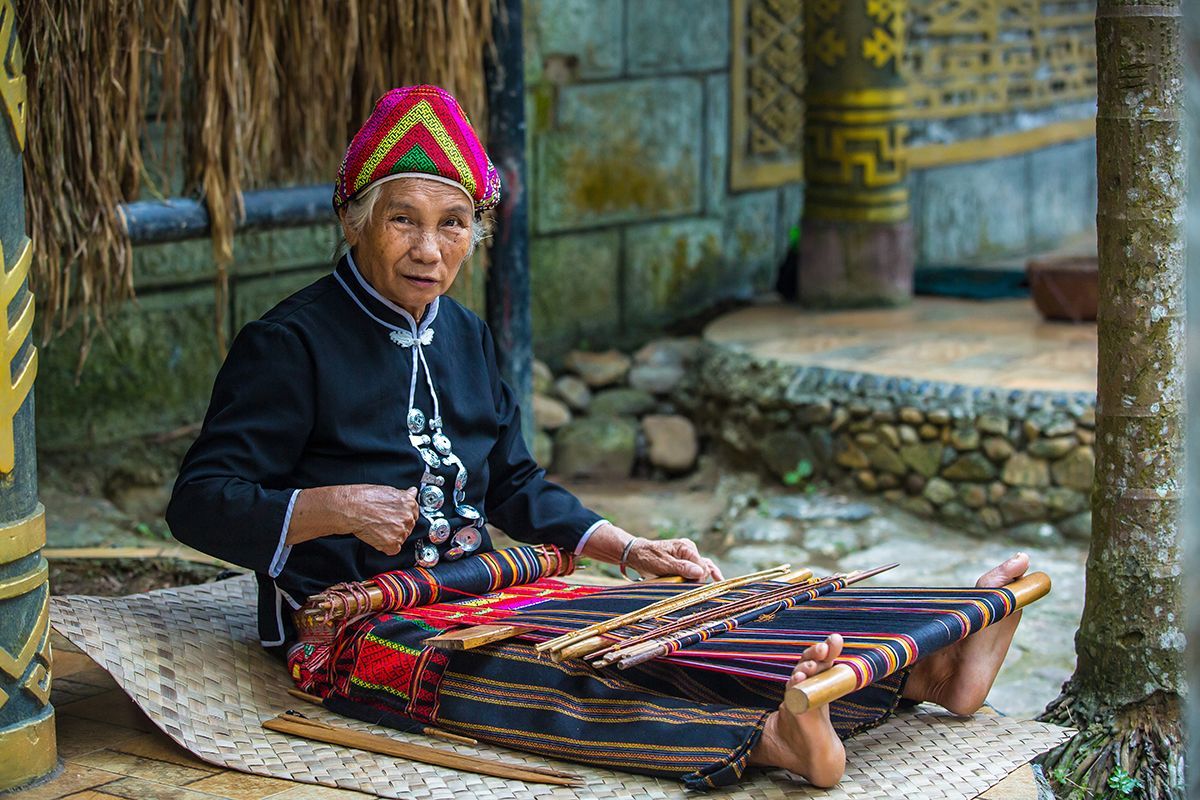© This article is an extract from Paul Hattaway's epic 656-page China’s Book of Martyrs, which profiles more than 1,000 Christian martyrs in China since AD 845, accompanied by over 500 photos. You can order this or many other China books and e-books here.
1958 - Bao Zhiying
December 1958
Mojiang, Yunnan
The Biyo tribe inhabit a number of mountain ranges and valleys in southern Yunnan Province. The gospel started to take root among them in the 1940s, just prior to the advent of Communism. One of the first Protestant missionaries to the Biyo was Axel Jansen, an Assemblies of God worker from Denmark. He found a people eager to hear the gospel, and revival was breaking out when Jansen and his family were forced to leave China in the early 1950s. The Seventh-Day Adventists also had a work at Mojiang.
One of the early church leaders among the Biyo was a pastor named Bao Zhiying, who was a postman for many years before joining the ministry. His devotion and daring faith earned him great respect among his fellow tribesmen, so that when the government sought applications for positions in the local area, Bao was nominated and received a job as the Communist Party District Deputy. Bao’s “faithful witness helped the Biyo church survive Communist persecution.”[1] It was said, “His word carried ten times more weight than that of the district Party secretary.”[2]
Bao used his position to protect the Christians. He wilfully disobeyed orders from the provincial capital to crackdown against the church. His example emboldened the Biyo Christians to such a degree that they even wrote a letter to the Communist authorities in Beijing, demanding the right to worship freely. When police were dispatched to the Biyo churches the Christians often challenged their persecutors by asking, “The district deputy is allowed to keep his faith, so why not we?”[3] One official government report of the situation in Mojiang documented the brave stand by the Biyo Christians and the dilemma facing the Communist cadres:
“Nearly all the churches are beginning to liven up, conducting services and holding meetings openly without official approval…. Wherever a church or chapel exists, its followers inevitably occupy a dominant position in that place. When a service or meeting is conducted, the congregation is always overflowing….
Unfortunately, while our comrades are speaking on the platform, a great majority of the audience sneak away one by one, leaving only a few remaining, sitting there inattentively. If ever the unmistakable view in favour of atheism is advocated…the Christian audience will immediately strike back, stressing the blessings of being religious and trying to persuade our converts to be converted…. This deliberate provocation is beyond endurance.”[4]
Incredibly, at the time when the Communist authorities were decimating Christian congregations throughout the country, the Biyo and other tribes in the Mojiang area continued to experience a revival of God’s grace. One report said:
“Church activities started to bloom. In some regions where Bao frequently extended his visits, the church-goers noticeably increased from about 2,000 to 3,000 within two years (1954-1956). The rise of this Biyo Christian leader’s prestige gave the district authorities quite an upset, so they determined to make him a target and crack down on him.”[5]
By 1957 the Communist Party’s rule of China took a more sinister turn and widespread torture of Christians commenced across the nation. Bao Zhiying’s antics in Yunnan had not gone unnoticed, and the government decided to tolerate his antics no longer. At Christmas 1957, Bao’s parents and sisters attended an unregistered church meeting. They were forced to pay a fine and undergo forced labour. A year later Bao was “groundlessly accused of conspiring to turn Mojiang into a Hani autonomous district, and was condemned as an anti-government bourgeois rightist.”[6] He suddenly disappeared and was never seen again, believed to have been executed.
Because of the godly example of Bao Zhiying, the Biyo church survived the years of Communist aggression and today numbers at least 10,000 believers.[7]

1. Paul Hattaway, Operation China, 77.
2. Tien Ju-K’ang, Peaks of Faith: Protestant Mission in Revolutionary China (Leiden: E.J. Brill, 1993), 98.
3. Yunnan Academy of Social Sciences (Vol. 297, No.3), cited in Tien, Peaks of Faith, 80.
4. YASS (Vol. 297, No.3), cited in Tien, Peaks of Faith, 79-80.
5. Tien, Peaks of Faith, 98.
6. Tien, Peaks of Faith, 98-99. Ironically, Mojiang did later become a Hani autonomous county.
7. See the Biyo profile in Hattaway, Operation China, 77.




